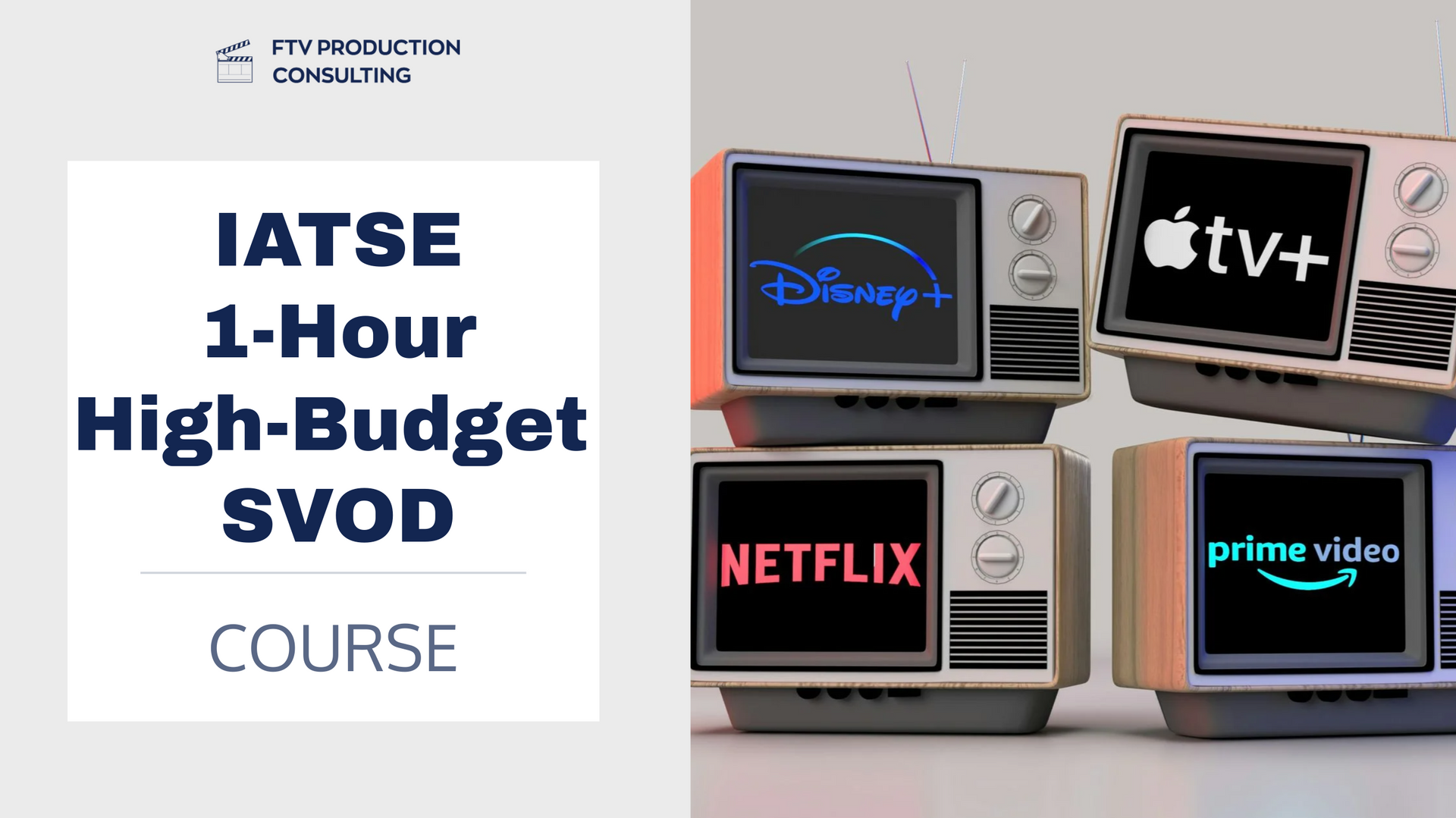The Case for Union Compliance Training on Every Production: Reducing Risk and Improving Payroll Accuracy

In today’s motion picture and television industry, compliance with union rules is not just a legal obligation; it is a business necessity. With more than a dozen active union agreements setting standards for wages, working conditions, and benefits, productions face significant risks if they are not operating in full compliance. Even a minor oversight, such as a missed meal penalty or an improperly classified worker, can escalate into grievances, penalties, audits, or costly legal action. The complexity of these agreements, combined with the fast pace of production, makes a strong case for making union compliance training a standard part of every production’s preparation.
The Complexity of Union Agreements
Union agreements are intricate and subject to frequent updates. Terms that were standard during one project may be completely different six months later. Minimum wages increase, working condition provisions evolve, and new obligations like additional allowances or schedule protections are introduced. Without a consistent method of training, production teams are often left to rely on outdated knowledge or informal guidance, leading to inconsistencies and mistakes. Even seasoned production accountants, supervisors, and coordinators can struggle to keep track when shifting between different types of productions and collective bargaining agreements.
The Cost of Payroll Errors
The risks associated with this knowledge gap are significant. Payroll mistakes related to union terms are not uncommon and can quickly become expensive. Misapplied overtime rates, missed holiday premiums, and incorrect pension or health contributions are just a few examples of errors that can trigger retroactive pay obligations, penalties, or union grievances. Productions often end up spending far more money fixing these mistakes than they would have spent on preventative training. In an environment where a simple meal penalty oversight can trigger a full benefit fund audit, the value of union compliance training becomes clear. The upfront investment in training pays dividends by protecting the production’s budget and its timeline.
Reducing Stress and Building Stronger Teams
Beyond protecting the bottom line, compliance training plays a critical role in supporting the day-to-day operations of the production team. Productions are inherently high-pressure environments. Tight deadlines, shifting schedules, and budget constraints are constant realities. When production staff do not have a firm grasp on union requirements, it adds a layer of uncertainty and stress that affects the entire workflow. In contrast, when teams are properly trained, they operate with confidence, make better decisions, and can focus more effectively on creative and logistical priorities. By creating a culture where union compliance is understood and valued, productions can reduce staff turnover, avoid burnout, and maintain morale across departments.
Strengthening Labor Relations Through Compliance
There is also an important labor relations benefit to consider. Unions and producers share a common goal: to ensure fair and lawful treatment of the workforce. When a production demonstrates that it has made compliance a priority through structured training, it earns goodwill with unions and guilds. This proactive approach can result in smoother interactions during benefit audits, faster grievance resolution, and a more cooperative overall relationship. Productions that build a reputation for getting the details right are more likely to attract top talent, face fewer disputes, and complete projects without costly interruptions.
Why Customization Matters
Every production is unique, and a one-size-fits-all training approach is often insufficient. The specific rules that apply to a 36-minute Tier 1 SVOD series for a major streaming platform in Los Angeles are different from those that govern a low-budget feature shooting in multiple states. While broad, self-paced union compliance training lays a strong foundation, customized sessions designed to address the specific union agreements, budget tier, and jurisdiction of a particular project are essential for maximizing compliance. Tailored training ensures that every member of the production team understands how the rules apply to their specific situation, reducing reliance on guesswork and informal interpretations.
Protecting the Production’s Reputation
Finally, investing in union compliance training helps protect a production company’s reputation, which is increasingly important in the competitive entertainment industry. Companies known for treating crew members fairly and paying them accurately are more attractive to experienced department heads and crew members. They also face fewer challenges during insurance underwriting, union audits, and distribution negotiations. A strong compliance record is a business asset that pays off long after principal photography wraps.
Making Compliance Training Standard
Union compliance should not be treated as an afterthought or a box to check during production startup. It should be built into the fabric of how every production is launched and managed. With clear, accessible training, productions can significantly reduce risks, protect their budgets, build stronger teams, and strengthen relationships with unions and guilds.
At FTV Consulting, we believe that strong compliance starts with strong education. That is why we created the FTV Graduate Program, offering self-paced, practical training courses designed specifically for entertainment payroll professionals. For productions that need customized solutions, we also offer tailored training programs that address the specific contracts, budgets, and working conditions of your project.
If you are ready to improve compliance, reduce risk, and run a smoother production, explore the FTV Graduate Program today or contact FTV Consulting to discuss custom training options for your next project. Let’s build better productions, together.









